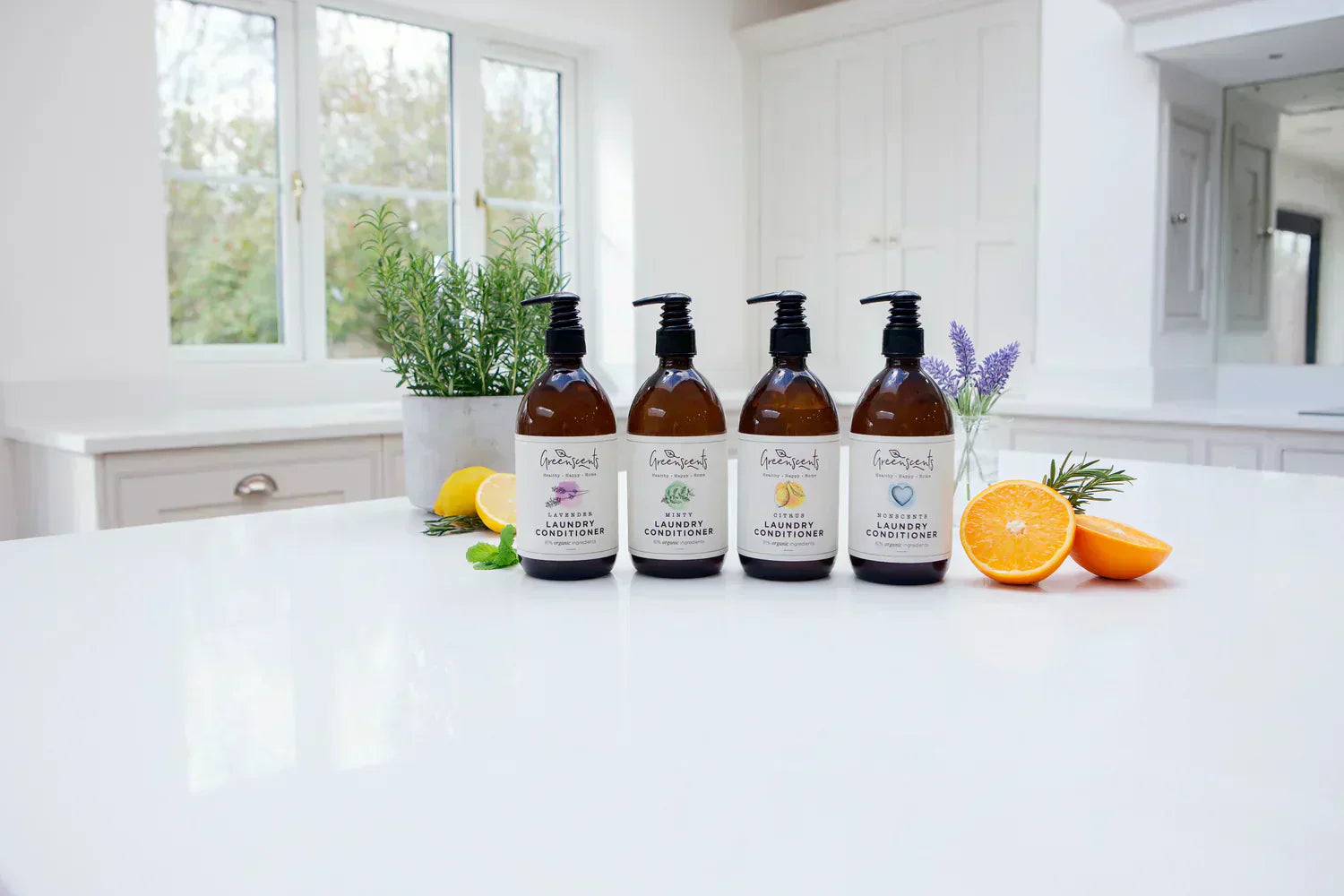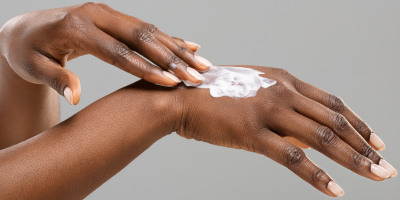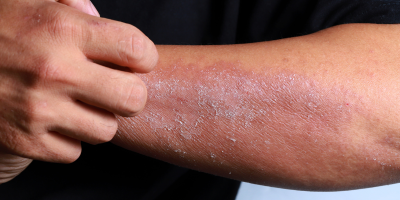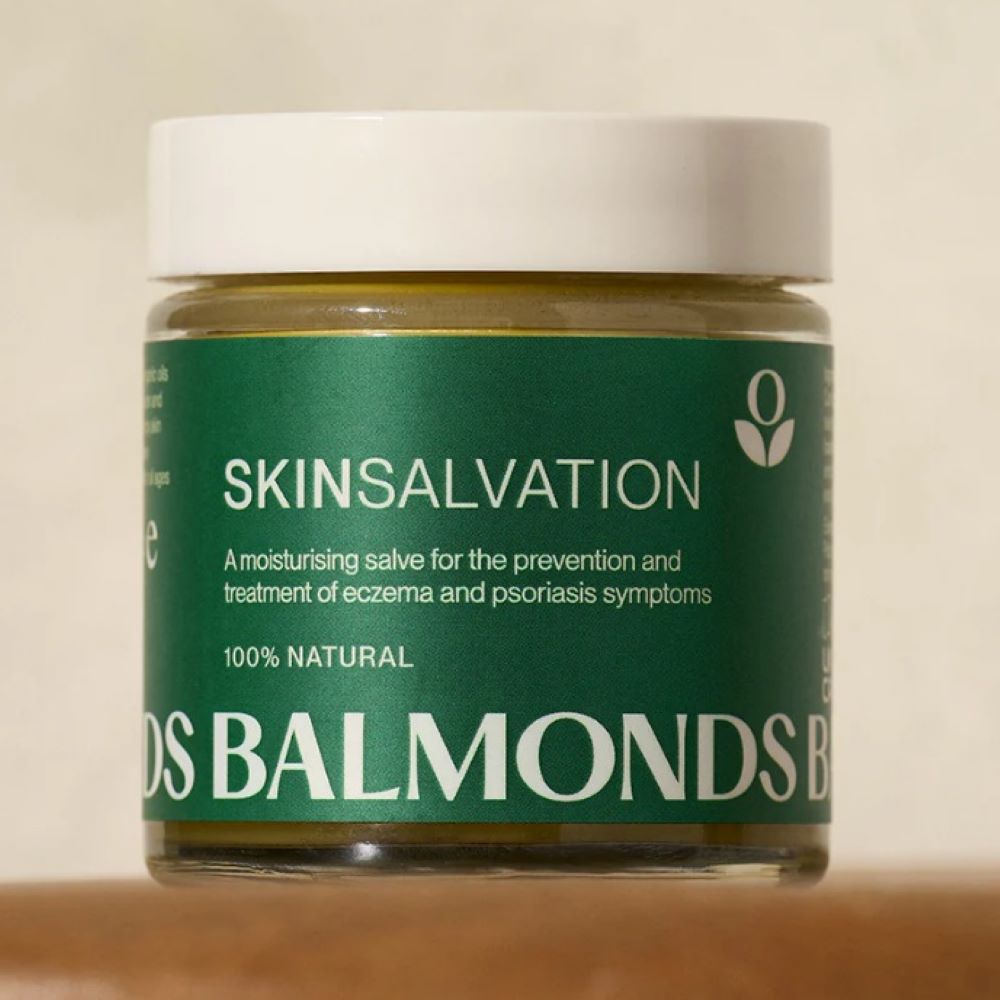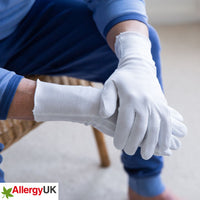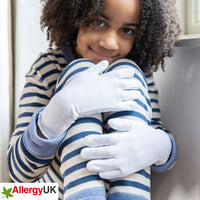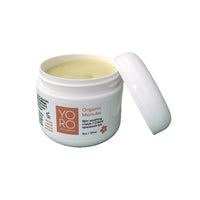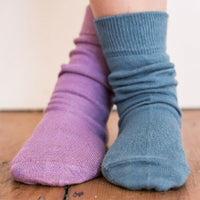How Do I Know If I Might Be Sensitive to My Clothes or Detergent?
Laundry products are essential for hygiene, but they may also be responsible for unexplained skin flare-ups. If you’ve been asking, “How do I know if I’m allergic to my clothes or detergent?” or “Is my laundry routine irritating my skin?”, the answer may lie in the ingredients that cling to your clothes long after the wash cycle.
Many UK cleaning products do not always disclose full ingredient lists, which can make it more difficult to identify potential irritants. Common substances like surfactants, fragrances, brighteners, and preservatives can remain on fabrics after washing and have been linked in studies to skin reactions including contact dermatitis.
What is the Worst Laundry Detergent for Eczema?
For people with eczema, it’s important to avoid laundry detergents that contain harsh chemicals, fragrances, dyes, or other irritants that can trigger flare-ups. Here are some types of detergents that could be harmful to people with eczema:
Detergents with Strong Fragrances
Many detergents add synthetic fragrances to make clothes smell fresh which can often irritate sensitive skin and trigger eczema flare-ups. Products like Tide, Gain, and Downy are known for their heavy fragrances.
Detergents with Dyes
Some laundry detergents contain artificial colours or dyes, which can be irritating to the skin.
Detergents with Harsh Chemicals
Products that contain harsh chemicals such as bleach, phosphates, or optical brighteners can be irritating. These chemicals are commonly found in many mainstream laundry detergents and they can strip the skin’s natural oils, making eczema worse.
Detergents with Anionic Surfactants
Anionic surfactants such as Sodium Lauryl Sulfate (SLS) and Sodium Laureth Sulfate (SLES) are widely used in commercial detergents. These substances are known to remove grease and dirt effectively. However, some individuals report experiencing skin dryness or irritation, especially those with pre-existing skin conditions such as eczema or rosacea. For those with sensitive skin, gentler alternatives like coconut-derived glucosides may be worth considering.
The Best Laundry Detergent for Eczema
When looking for eczema laundry detergent, it’s important to focus on the ingredients and types of detergents that are gentle on sensitive skin, rather than specific brands. Below are the key ingredients and detergent types to look for:
Hypoallergenic Detergents
Hypoallergenic detergents are formulated to be gentle on the skin, meaning they are less likely to cause allergic reactions. These detergents avoid common allergens and irritating chemicals.
Eco-Friendly Detergents
Many eco-friendly detergents use plant-based ingredients and avoid the use of harmful chemicals, which can benefit those with eczema. Some natural oils you want to look for are coconut, olive, and castor oil.
Free from Optical Brighteners
Optical brighteners are chemicals that make clothes appear whiter and brighter, but they can sometimes cause irritation for people with sensitive skin. An ingredient you want to look out for is stilbene derivatives.
Could Fabric Conditioner Contribute to Skin Irritation?
Fabric conditioners are designed to soften fabrics, but some formulations include synthetic fragrances, dyes, or preservatives that may remain on clothing after washing.
If you notice symptoms such as itching or redness after wearing freshly laundered clothing, a possible contributing factor could be your fabric conditioner. Fragrance-free or certified organic alternatives that disclose all ingredients may be helpful.
The Importance of Avoiding Optical Brighteners
Optical brighteners reflect light to make clothes appear whiter without necessarily improving cleanliness. Some people may experience skin irritation due to these chemicals, particularly if used on items that have prolonged skin contact, such as bed linens or undergarments.
Natural alternatives like bicarbonate of soda or white vinegar can be explored by individuals seeking to reduce their use of synthetic chemicals.
For individuals looking to avoid optical brighteners, Greenscents Organic Castile Soap offers a gentle yet effective alternative.
Castile soap does not coat fabrics in artificial reflectors, which means it avoids the chemical residues often associated with conventional laundry whiteners. Instead, its simple ingredients work to clean and refresh textiles without compromising skin comfort.
Many users appreciate its versatility as it can be used not only for clothing but also for household cleaning. For those with sensitive skin, Castile soap provides a minimalist, fragrance-free approach to laundry that aligns with a low-irritant lifestyle.
What to Know About "Green" Laundry Products
Products marketed as "green" or "natural" can still contain synthetic preservatives or petrochemical-derived ingredients. To make informed choices, consider:
-
Reviewing complete ingredient lists
-
Looking for independent certifications (e.g. Soil Association, Ecocert)
-
Being cautious of vague terms such as "plant-based formula" or "natural fragrance" unless fully defined
The Potential Benefits of Organic Laundry Products
Certified organic laundry detergents are required to disclose their full ingredients and exclude certain additives. For people with sensitive skin, asthma, or allergies, some users report a reduction in irritation when using these types of products. Other potential advantages include:
-
Minimised exposure to certain synthetic substances
-
Improved transparency due to certification standards
-
Use of biodegradable ingredients, which may be more environmentally friendly
Summary: Reviewing Laundry Habits for Sensitive Skin
If you’re dealing with recurring skin irritation, reviewing your laundry products and practices may be worthwhile. While no single solution fits everyone, choosing fragrance-free, transparent, and certified products may help reduce potential irritants in your laundry routine.
References:
- Leoty-Okombi S et al. Effect of Sodium Lauryl Sulfate (SLS) Applied as a Patch on Human Skin Physiology and Its Microbiota. Cosmetics, 2021.
- Belsito, D.V. et al. Allergic contact dermatitis to detergents: a multicenter study. J Am Acad Dermatol, 2002.
- Hamann CR et al. Fabric detergents and cleaners may cause skin irritation. Contact Dermatitis, 2014.
Disclosure: This article was written by Christina Hawkes, co-founder of Greenscents, a brand producing certified organic household products. It is based on personal experience and publicly available research. The information provided is not intended as medical advice.
About the author: Christina Hawkes is the co-founder of Greenscents, a pioneering brand producing certified organic, palm oil-free household products in Somerset. Christina's passion for truly non-toxic cleaning and laundry products stems from her personal experience with Mast Cell Activation Syndrome (MCAS) and multiple chemical allergies. Recognising the widespread impact of hidden toxins in everyday products, she is committed to formulating safe, transparent, and effective alternatives that support long-term health and well-being.
Related Reading:
Could Your Laundry Habits Be Making Your Eczema Worse?
Material Matters: How What You Wear Affects Your Eczema

